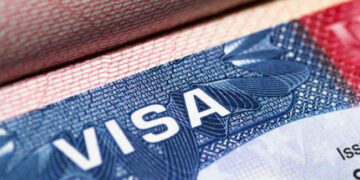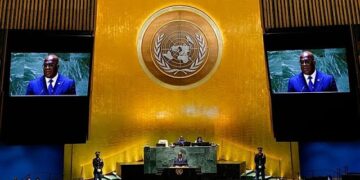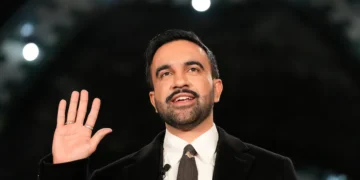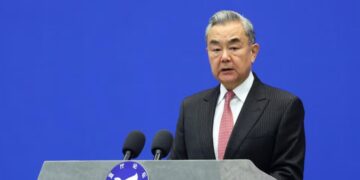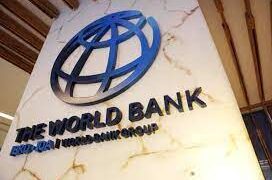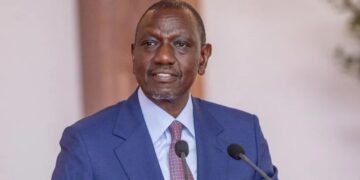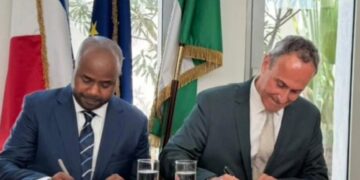By Emmanuel Nduka Obisue
The United States Mission in Nigeria has directed visa applicants to disclose all social media usernames and handles used within the past five years as part of their application process.
The directive, announced Monday on the Mission’s official X account, follows the U.S. Department of State’s renewed commitment to strengthening national security through enhanced screening procedures.
According to the Embassy, Nigerian applicants are now required to provide a comprehensive list of their social media profiles on the DS-160 visa application form.
It warned that failure to provide the required information could result in visa denial and render applicants ineligible for future U.S. visas.
“Visa applicants are required to list all social media usernames or handles of every platform they have used from the last five years on the DS-160 visa application form,” the statement read.
“Applicants certify that the information in their visa application is true and correct before they sign and submit. Omitting social media information could lead to visa denial and ineligibility for future visas,” it added.
What Changed?
Prior to the recent instruction for Nigerian applicants, the U.S. Department of State had already incorporated social media-related questions into its visa application process. Beginning in May 2019, updated versions of Form DS-160 (nonimmigrant) and DS-260 (immigrant) began requiring applicants to disclose their social media platforms and usernames used over the previous five years, but passwords were explicitly excluded. These measures were part of a broader “extreme vetting” initiative emerging from a March 2017 Presidential Memorandum under the Trump administration, later formalized in March 2018 and incorporated into visa forms by 2021.
Analysts say the ongoing expansion of social media disclosure requirements reflects the U.S. government’s intent to bolster its screening capabilities in light of evolving security challenges.
The Department of State and Homeland Security have emphasized that social media data, public handles, and posts enhance identity verification, help detect potential fraud, and support national security assessments, particularly in screening for extremist or hostile sentiment.
The push also aligns with broader trends, including a March 2025 proposal for USCIS to require social media accounts from green card and citizenship applicants, further extending scrutiny to immigration benefits beyond initial visa entry.
The directive’s extension to Nigerian applicants likely reflects a global intensification of such vetting measures, a response to rising concerns over digital behavior, ideological threats, and the spread of harmful content. Making all social media histories transparent aims to close loopholes and ensure that online activities are consistent with stated intentions and background information.
